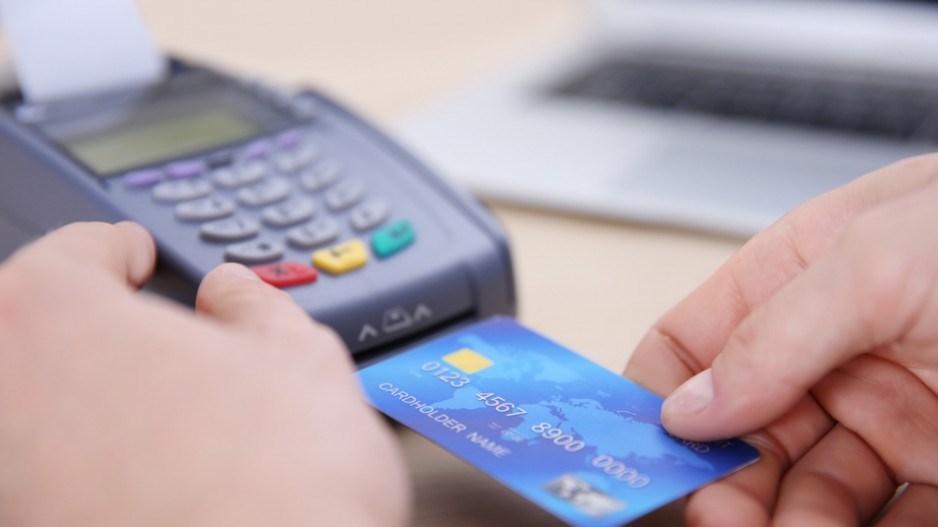Consumer prices increased in B.C. in November, both compared with October and year-over-year, according to Statistics Canada data released December 21.
Inflation was 0.2% in the month – slightly less than the national average of 0.3%. Year-over-year, prices increased 2.6% in the province, compared with 2.1% Canada-wide.
Across the country, the biggest gain in the 12 months to November was seen in transportation (up 5.9%), which was driven by a 19.6% increase in the price of gasoline. Prices for alcohol and tobacco rose 2.8% and recreation, education and reading saw a 1.7% increase. All categories saw growth except clothing and footwear (down 0.2%).
Douglas Porter, chief economist at BMO Financial Group, said the increase across Canada was a surprise on the high side, which means expectations for GDP numbers – being released tomorrow – and employment figures, expected early next year, are being pushed higher.
“While we believe that the Bank of Canada is still more likely to wait for a spell before hiking again, that could change quickly if those two reports also read strong,” he said in a note to investors.
Retail sales data for October, also released December 21, show year-over-year increases of 12.4% in Vancouver, 10.5% across B.C. and 6.7% nationwide. In the month alone, Canadian retail sales increased 1.5% to $49.9 billion, and gains were broad-based as most sectors saw growth. A 3.3% increase in auto sales was the biggest driver behind the gain; excluding sales at dealers, the overall gain for the month was 0.8%.
“It’s a dangerous game doubting the Canadian consumer, and analysts got burned for forecasting lackluster October retailing results,” said CIBC Economics’ Nick Exarhos.
“[October’s gain] opens the door to a Q1 move by the Bank of Canada, particularly with inflation data also firming more than the street expected.”
The Canadian dollar jumped almost seven-tenths of a cent on today’s news, reaching 78.6 cents U.S. as of press time.
@EmmaHampelBIV




